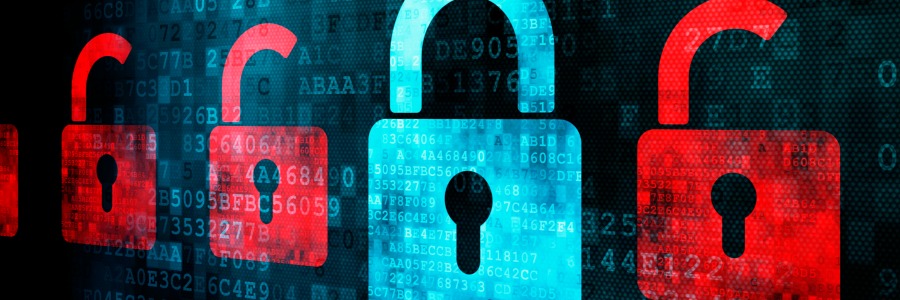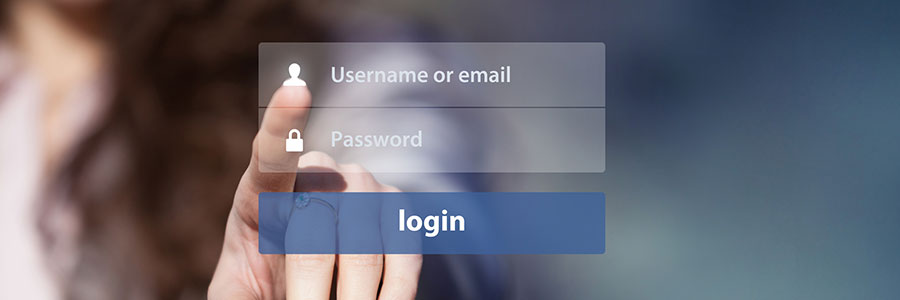People rely on email to do a wide array of tasks. We use it to sign up for websites, apply for jobs, make payments, get in touch with friends and family, and many more. However, email is also commonly exploited by hackers to steal information or launch malware attacks.
Helpful tips for keeping your email safe
Your password may not be secure — update it now
How to strengthen your BYOD security

Many businesses are adopting bring your own device (BYOD) policies as more employees work from home. The problem is, if you’re not careful, BYOD can expose your company to major cybersecurity risks, including the following.
Loss or theft of devices – Employees often bring their personal devices wherever they go.
How to protect corporate data

Time and again, we have seen hackers infiltrate even the most secure systems of multinational corporations. As a business owner, you can’t afford a data breach, as it could cost you your clients and reputation. This is why it's crucial to implement strict security measures that can make cybercriminals think twice about trying to break into your network.
What are two-step and two-factor authentication?
Some data breaches result from the theft of a user’s login credentials. To keep your business safe, you need to implement a two-factor or two-step authentication process. These authentication methods may sound the same, but they are two vastly different processes.
How you keep your email account safe
Everyone uses email to send and receive sensitive information, making it an attractive target for cyberattacks. The importance of email security is vital to your company’s operations, so applying the following tips can dramatically reduce your exposure to hackers and malware.
It’s time to rethink your password strategy
In 2003, the National Institute of Standards and Technology (NIST) stated that strong passwords should consist of upper- and lowercase letters, numbers, and symbols. Recently, however, the institute reversed its stance. Find out why and learn what their new recommendations are for creating strong passwords.
Security best practices for remote workers
Working from home increases employee autonomy, cuts costs, and ensures the health and safety of the company during the coronavirus pandemic. The problem is, it also increases the likelihood of security breaches since employees are working outside the company's security perimeter.
5 Tips for securing your email account
Email is one of the best things the internet has made possible. We use email to signup for websites, apply for jobs, make payments, and many more. But email users also run the risk of account hijacking, malware attacks, and other cyberthreats. To secure your emails, follow these crucial tips.
Guarding your company’s data
Some of the most well-known companies in the world have been victims of cyberattacks, including Sony Pictures, Home Depot, Adobe, and eBay. While major corporations are high-profile targets for hackers, small- and medium-sized businesses are not exempt, so they need to secure their networks and data.
- 1
- 2


